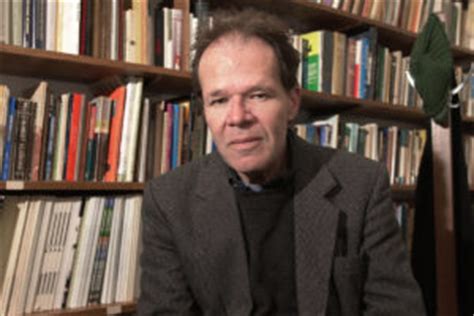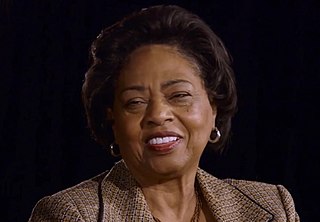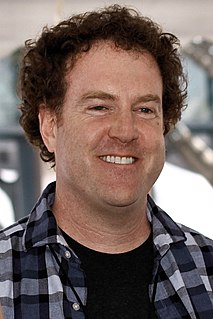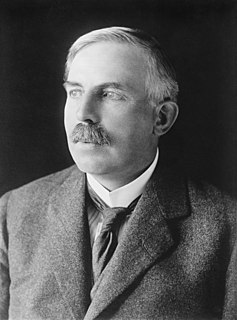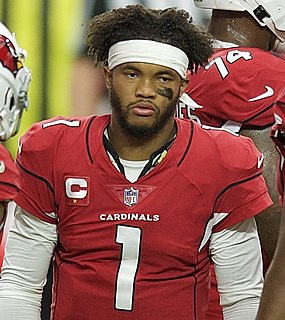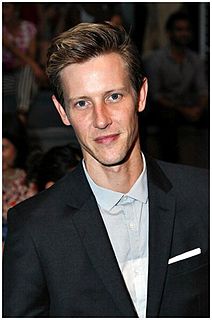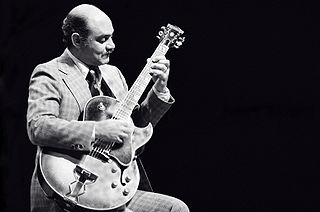A Quote by Armstrong Williams
The greatest job I ever had was working on my family farm. Each morning my father would come into my bedroom around 4:30 am and command me to get up and work the fields. I would spend the next two hours before school slopping pigs and cropping tobacco.
Related Quotes
People are most shocked and most in disbelief that I go to the office every day. I have a job. When I'm not acting on a movie, I go to work, first thing in the morning. I'm at work at 8 o'clock in the morning, and I get home from work at 7 o'clock at night. I treat my job like a job, and I work at it. I think people would probably be most surprised, if I ever calculated up the number of hours I work on an average week and published that. If it was ever documented, I think people would be shocked to find out.
I grew up on a farm and, prior to my father's murder, I wanted to get away from the farm, and away from South Georgia where the Jim Crow laws absolutely controlled anything and everything we did. So, my goal was to leave once I completed high school. But on the night of my father's murder, I made a commitment that I would not leave the South, that I would stay and devote my life to working for change. So, my father's murder has shaped the course of my life even up to this very day.
I'm sure everything has a bearing on what I'm doing. My family is a lower-middle-class family, there's lots of children, seven brothers, two sisters grew up together, fighting with each other, went to school. My mother went to school up to 4th grade. My father went to school up to 8th grade. So that's about the education level we had in the family.
I had a very hard-working father and a very hard-working mother. My dad was someone that would get up at 5 in the morning and work 'til 4 in the afternoon and then had a hobby he made money with. After he'd get home, he'd have a meal and have a drink and then flow right into that, trying to provide.
I needed to put something together that would continually get me up at 4:30 in the morning, get me to work and get me excited to throw on those costumes - which clearly continue to excite me, if you are a viewer of the show - and circumstances that continue to surprise me and ask me to go places acting-wise that I haven't explored before.
There's no greater feeling than people coming up to me and going, "Man, my father was dying, and we went to see Rush Hour, and it was the greatest night we had in years together. We sat in that theater and we laughed for two hours without stopping. That was just a great memory that I had before my father died."
I grew up playing the guitar. I started when I was nine, and by the time I was nine and a half or ten, I was doing seven or eight hours' practice every day. I did two hours' practice at six o'clock in the morning before I went to school, and another two hours as soon as I got home from school in the afternoon. Then I did four hours at night before I went to bed. I did that until I was fourteen or fifteen.



